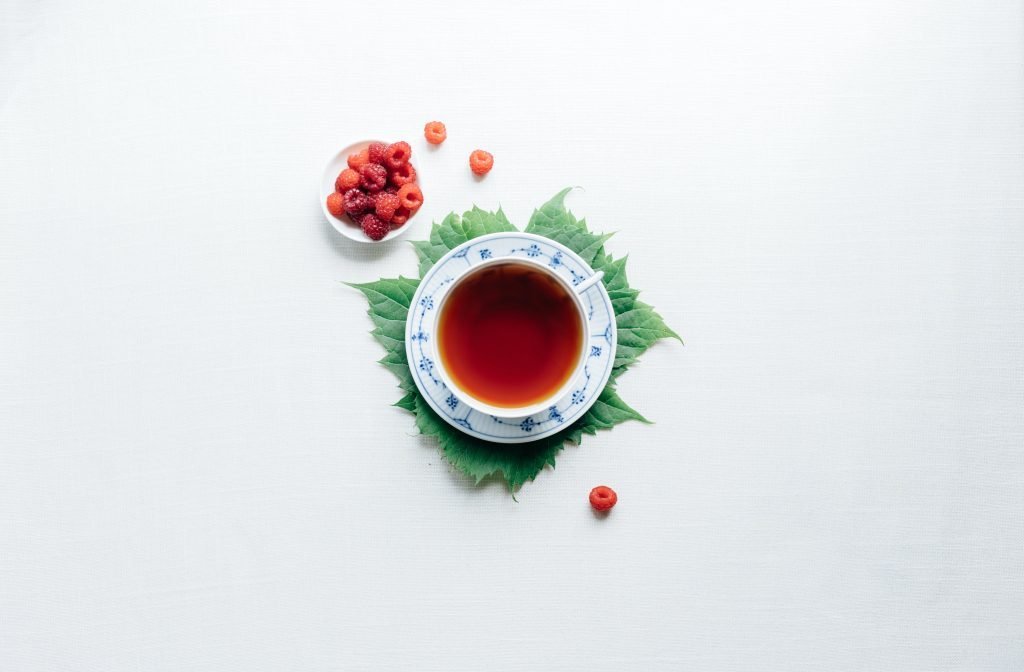For centuries, herbal medicine has been employed to address various health conditions, including addiction—an intricate issue impacting millions globally and causing profound disruptions to lives.
While conventional treatments for addiction exist, a growing number of individuals are turning to herbal remedies to complement their strategies, mitigate symptoms, and decrease reliance on prescription drugs.
This article investigates the realm of herbal medicine for addiction, scrutinizing its advantages, potential risks, and evidence validating its efficacy. We delve into notable herbs commonly utilized for addiction, elucidate their mechanisms, and discuss possible side effects.
Teas’ Potential Support in Smoking Cessation: Though no tea can directly facilitate smoking cessation, specific herbal teas may alleviate nicotine withdrawal symptoms, facilitating the quitting process. Herbal teas such as chamomile, lavender, and valerian root possess stress and anxiety-reducing properties, aiding during the quitting phase. Green tea harbors L-theanine, a compound possibly mitigates stress and enhances mood.
However, it’s vital to acknowledge that quitting smoking entails multifaceted changes encompassing lifestyle adjustments, social support, and evidence-based treatments like nicotine replacement therapy or prescription medications. Crafting a tailored plan in consultation with a healthcare provider remains paramount.
Herbal Teas to Alleviate Withdrawal Symptoms: Herbal teas can be a valuable component of self-care for those contending with addiction or undergoing abstinence, offering calming and soothing effects. Examples include:
- Chamomile Tea: Renowned for its calming properties, chamomile alleviates anxiety and stress, particularly useful during crises.
- Lavender Tea: Lavender aids relaxation and stress reduction, benefiting individuals dealing with insomnia or sleep issues stemming from stress or anxiety.
- Lemon Balm Tea: With a calming impact on the nervous system, lemon balm diminishes anxiety and fosters relaxation.
- Valerian Root Tea: A natural sedative, valerian root promotes relaxation and stress reduction, often employed for anxiety, insomnia, and sleep disorders.
Nevertheless, herbal teas are not substitutes for professional addiction treatment or mental health support.
Passionflower Infusion and Alcohol Addiction: Passionflower (Passiflora) leaf infusion, known as passionflower tea, has historically addressed anxiety and promoted relaxation. While some evidence suggests its potential in alcohol addiction management, further research is needed to establish its standalone effectiveness.
It’s imperative to recognize that addressing alcohol addiction necessitates professional treatment, support networks, and lifestyle modifications. Seeking guidance from qualified healthcare providers or addiction specialists tailored to individual needs is crucial.
Herbal medicine can complement traditional addiction treatments beneficially. Numerous herbs and teas exhibit promise in reducing addiction symptoms, enhancing mood, and fostering overall well-being. However, it is vital to emphasize that herbal medicine cannot supplant conventional methods and should not be solely relied upon for addiction treatment.
Prior consultation with healthcare professionals before exploring herbal remedies is essential, as potential side effects or interactions with medications must be considered. Guided by proper counsel and support, herbal medicine can provide an effective and natural avenue for addiction management and enduring recovery.
MEDICAL DISCLAIMER
Hummingbirdtearoom.com cannot and does not contain medical/health advice. The medical/health information is provided for general and educational purposes only and is not a substitute for professional advice.

